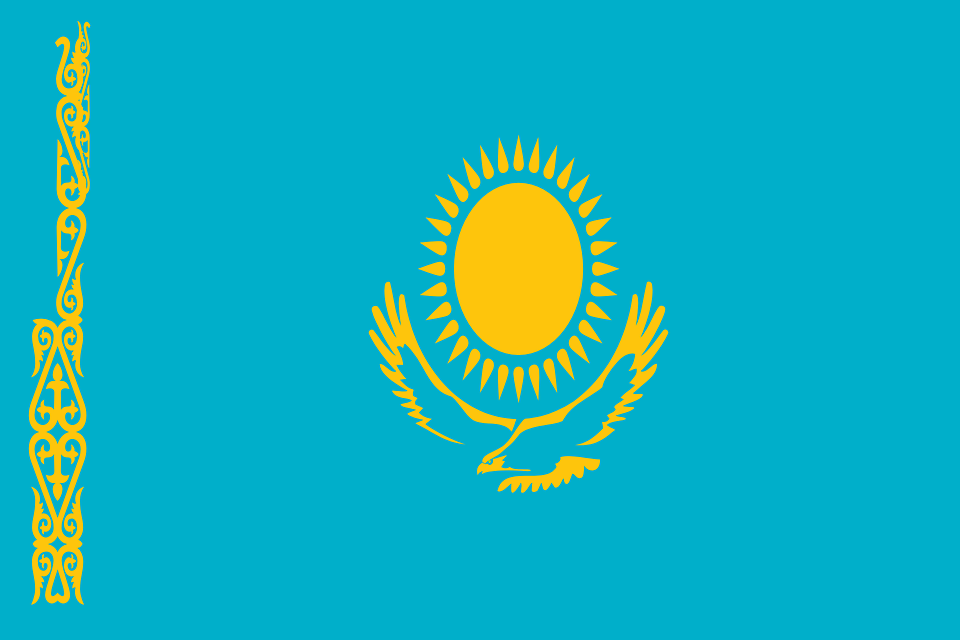Bekzat Maxutkanuly, a Chinese-born, ethnic Kazakh activist from the Xinjiang region of northwest China is designing and officiating a new political party in Kazakhstan to counter Chinese President Xi’s increasing impact on the Xinjiang region.
The Chinese government has formed detention camps in an effort to suppress the Uyghur Muslim minority in Xinjiang. Over 1 million Uyghur Muslims have been detained in the 85 identified camps since 2017. Along with the Uyghurs, thousands of Kazakh, Krgyz, Uzbek and other Central Asian nationals have also been detained by Chinese authorities in Xinjiang.
President Xi is visiting Kazakhstan. Maxutkanuly is appalled by the welcome President Xi has received, given the horrendous treatment of Kazakh people in China under his rule.
This is important for US foreign policy. Central Asia is ranked as the least democratic region on Earth. Maxutkanuly’s new political party raises awareness of the issue of Chinese detention centers and the effects that they are having on a global scale. Of course, China is a communist dictatorship so the likelihood of this new Kazakh political party amounting to anything that invokes change inside of China is negligible at best. This does not mean that nothing can be done to speak out against President Xi’s actions in the Xinjiang region.
Maxutkanuly is encouraging Kazakhstan to become more democratic, in an attempt to get the government to care about the Central Asian people that are currently being detained in China. He is already leading an activism campaign against the treatment of the Uygurs, the Kazakhs, and other Central Asians in the Xinjiang region. He believes that activism is not enough when competing against such a global power like China. By creating a political party that focuses on the interest of Kazakhs being detained in China, the Kazakh government will become involved and the issue becomes a dispute between the states. A dispute between the governments of Kazakhstan and China holds more leverage than activist groups in Kazakhstan simply being angry at China.
China is a major investor in the Kazakh oil and gas industry, which complicates the matter. There are reports that privately, the Kazakh government has pleaded for the safe release of its citizens, but there have been no public statements that show any displeasure between the Kazakh government and President Xi. Kazakhstan abstained from voting on the UN resolution on whether to condemn or support China’s policies in Xinjiang.
President Xi visited Kazakhstan on September 14th, and was met with nothing but support from the Kazakh people. Maxutkanuly feels that this display of support is not only embarrassing, but also damaging to the ethnic Kazakhs being held illegally in detention centers in the Xinjiang region of China.
In Maxutkanuly’s words “To achieve our goals, we need to change the political situation in Kazakhstan first.” He hopes by democratizing Kazakhstan, improvements can be made in the government that will lead to the release of all prisoners being held in the Xinjiang region.
For over three decades, Maxutkanuly has been organizing petitions, and peaceful protests, and hosting news conferences, and trying to shed light on the mistreatment of ethnic Kazakhs in the Xinjiang Region on a global scale.
He began his activism by joining an unregistered organization called Atajurt that was run by Serikzhan Bilash, another Chinese-born Kazakh. Bilash was arrested for his involvement in Atajurt, and Maxutkanuly stepped up to lead the organization. Now, Maxutkanuly feels that it is time
A functioning democracy in Central Asia should be a point of excitement for the United States. The region is heavily influenced by both China and Russia, and is geographically situated in a democratic dead zone. Between the terrorist organizations running much of the Middle East, the dictatorship-adjacent monarchies in the area, and two massive communist powers in the region, there is little room for democracy.
The Central Asian countries that were only granted independence after the fall of the Soviet Union have gone through a variety of short-lived governmental systems. These countries (Kazakhstan, Kyrgyzstan, Uzbekistan. Tajikistan, and Turkmenistan) have not had the opportunities to find a fitting and successful regime type. They were under Russian control for hundreds of years, and under the control of Mongol Empire before that. This goes to show that the Central Asian region is still in a young, malleable phase where regime type can be changed successfully with influence from a strong democracy.
The US should encourage Maxutkanuly’s plans to democratize Kazakhstan as it would put a democracy in one of the last regions on the planet without strong democracies. One way that the West could encourage democratization of Kazakhstan would be to invest in Kazakh oil. This would relieve pressure off of Kazakhstan to please China, as China’s investment in Kazakh oil would not be the only investment.
Kaitlyn Williams interns at the American Analysis of News and Media.
Illustration: Pixabay
